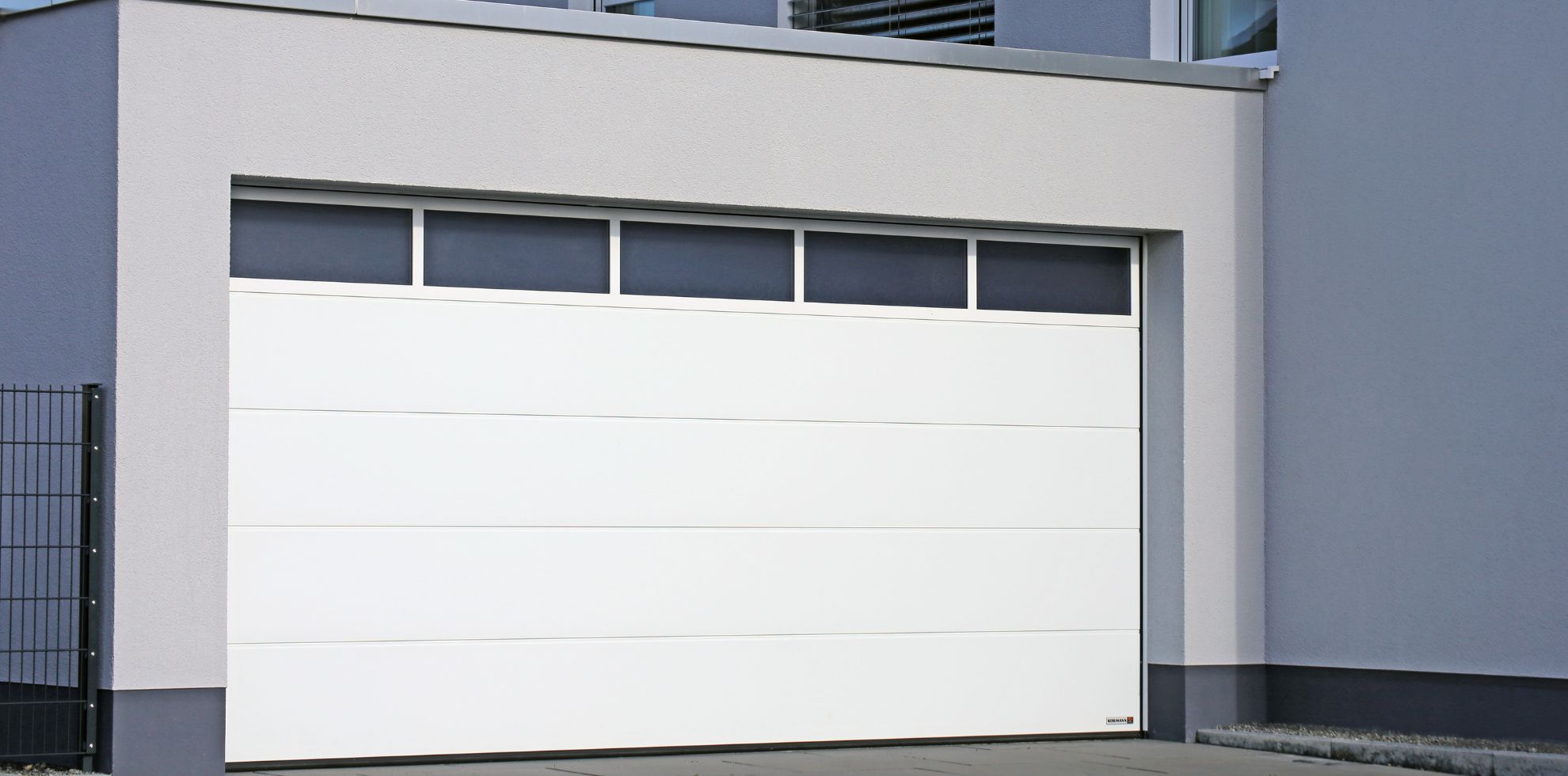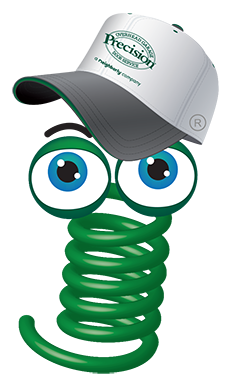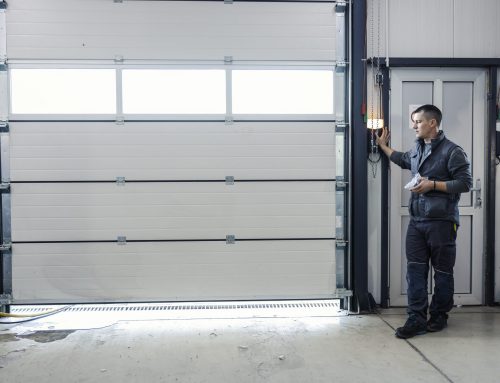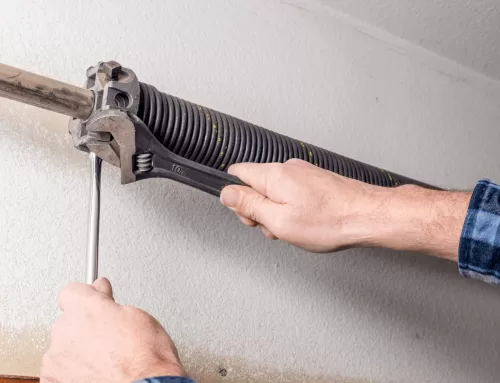A noisy garage door can often be a constant source of irritation, especially if your home is otherwise a peaceful abode. But beyond just being a nuisance, a racket-filled garage door could indicate underlying issues that need immediate attention.
Luckily, there are ways to navigate this noise and maintain a serene home environment. This comprehensive guide is your roadmap to achieving a noise-free garage door, offering you the tranquility that you deserve.
Understanding Your Noisy Garage Door
Your garage door may become noisy due to various reasons. Lack of lubrication, worn-out components, and misalignment are often the main culprits. When you understand the root cause of the noise, it’s easier to tackle the problem and eliminate the unwanted sound.
The Anatomy of Noise: Causes and Effects
Lack of lubrication can cause metal-on-metal grinding, leading to unpleasant noise. Meanwhile, worn-out components like springs, rollers, or hinges could cause clanking or squeaking noises. Misalignment of the garage door tracks could result in a grating or rubbing sound. It’s crucial to pinpoint the source of the noise and apply the necessary fixes.
Moreover, a noisy garage door could also indicate that it’s not functioning as efficiently as it should. A misaligned door, for instance, has to work harder to open or close, which could lead to increased energy costs. In this way, tackling the noise issue also means enhancing the efficiency of your garage door.
The Unseen Toll of Noise: Health and Productivity
Beyond the obvious nuisance, constant noise can take a toll on your mental and physical health. Studies have linked excessive noise to issues such as sleep disturbances, stress, and even cardiovascular diseases.
Moreover, if you’re using your garage as a workspace or a recreational area, noise can significantly reduce your productivity and overall enjoyment of the space.
Tuning into Silence: Steps to a Quieter Garage Door
Transforming your noisy garage door into a quiet one involves a few key steps, from regular maintenance to soundproofing.
Lubrication: The Lifeblood of Quiet Operation
Regular lubrication is one of the simplest ways to reduce garage door noise. When you lubricate the moving parts of your garage door—like the springs, rollers, and hinges—you’re reducing friction.
This leads to smoother operation and less noise. Moreover, lubrication also prevents wear and tear, which enhances the lifespan of these components.
Regular Maintenance: Keeping the Beast in Check
Regular maintenance of your garage door is another crucial step in achieving quiet operation. Maintenance should involve checking and tightening any loose bolts, replacing worn-out rollers, and ensuring the door tracks are properly aligned.
A well-maintained garage door not only operates quietly but also lasts longer and functions more efficiently.
The Silent Guardian: Soundproof Garage Doors
Soundproofing is another effective way to reduce garage door noise. This involves adding insulation to the door, which reduces noise transmission. Additionally, insulation can also help regulate the temperature within your garage, making it more energy-efficient.
The Dawn of Silence: Technology to the Rescue

With the advancements in technology, you now have access to solutions that are specifically designed to ensure quiet garage door operation.
The Whisper of Progress: Silent Garage Door Openers
One such solution is silent garage door openers. These openers operate using a belt-driven mechanism, unlike the traditional chain-driven mechanism. The belt-driven mechanism is significantly quieter, ensuring a more peaceful home environment.
A noisy garage door doesn’t have to disrupt your peace or hamper your productivity. By understanding the causes of noise, conducting regular maintenance, and leveraging modern solutions like soundproofing and silent openers, you can enjoy a serene and peaceful home.
Quieting Noisy Garage Doors | Conclusion
A garage door doesn’t have to be a source of noise pollution within your home. With regular maintenance, proper lubrication, soundproofing, and the use of silent garage door openers, you can transform a clamorous garage door into a silent, efficient, and long-lasting component of your home.
Moreover, a quiet garage door contributes to a peaceful and productive environment, enhancing your overall quality of life. While the path to a noise-free garage door requires time and effort, the resulting tranquility and harmony within your home are well worth it.
FAQs (frequently asked questions)
How can I make my garage door quieter?
There are several strategies to quiet a noisy garage door. Regular lubrication of the moving parts, routine maintenance, and alignment of the door tracks can significantly reduce noise. Additionally, you can opt for a soundproof garage door or install a silent garage door opener for more comprehensive noise reduction.
Why is my garage door so noisy?
Your garage door can be noisy due to a lack of lubrication, worn-out components, or misalignment. Lack of lubrication causes friction among the moving parts, while worn-out components and misalignment can cause squeaking or grating noises.
How do silent garage door openers work?
Silent garage door openers operate using a belt-driven mechanism instead of the traditional chain-driven mechanism. This belt drive is made of rubber, which makes the opener’s operation quieter than its chain-driven counterpart.
Can a noisy garage door indicate other issues?
Yes, a noisy garage door can be a symptom of underlying issues. It can indicate lack of lubrication, worn-out components, or misalignment—all of which can affect the garage door’s efficiency and lifespan.
How does soundproofing a garage door help?
Soundproofing a garage door involves adding insulation, which reduces noise transmission. Besides quieting your garage door, insulation can also improve the temperature regulation within your garage, making it more energy-efficient.
How often should I perform maintenance on my garage door to keep it quiet?
Routine maintenance should be carried out every six months to keep your garage door operating quietly and efficiently. This includes lubricating the moving parts, checking for worn-out components, and ensuring the door tracks are correctly aligned.




